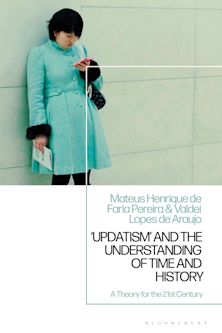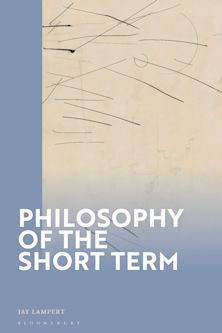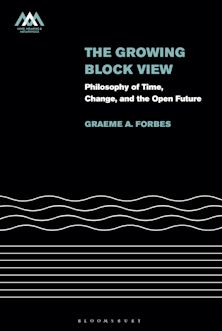- Home
- ACADEMIC
- Philosophy
- Metaphysics
- Aristotle's Induction and the Inference of First Principles
Aristotle's Induction and the Inference of First Principles
This product is usually dispatched within 1 week
- Delivery and returns info
-
Free CA delivery on orders $40 or over
You must sign in to add this item to your wishlist. Please sign in or create an account
Description
Aristotle's Induction and the Inference of First Principles observes that Aristotle’s reputation as an empiricist has come under threat. In the Posterior Analytics, Aristotle puts forward a foundationalist theory of scientific knowledge that problematizes knowing the science's first principles empirically. Aristotle states that we know the principles through induction but also that induction is inadequate for knowing essences. In response to this tension, rationalists claim that Aristotle equivocates between two conceptions of induction, enumerative and intuitive:"intuitive induction" being that which grasps the principles and provides direct knowledge of essences, “enumerative induction” being that which is said to be inadequate. Empiricists preserve an empiricist road to first principles by downplaying enumerative induction’s role.
In order to preserve Aristotle's avowals that it is by induction that we know the principles while avoiding the rationalist alternative, David Botting provides an inferentialist account of induction, showing how the content of a first principle is inferentially known but not its necessity, which must be proved by constructing the first principle from simpler elements. A world governed by natural necessities and not just brute regularities is knowable through the senses and without resorting to super-empirical acts or faculties of intuition.
Table of Contents
Chapter One: The Ways of Deducing
Chapter Two: The Ways of Learning
Chapter Three: the Ways of Knowing
Chapter Four: The Ways of Science
Conclusion
References
About the Author
Product details
| Published | Nov 27 2024 |
|---|---|
| Format | Hardback |
| Edition | 1st |
| Extent | 288 |
| ISBN | 9781666950212 |
| Imprint | Lexington Books |
| Illustrations | 1 BW Illustration |
| Dimensions | 229 x 152 mm |
| Publisher | Bloomsbury Publishing |

































